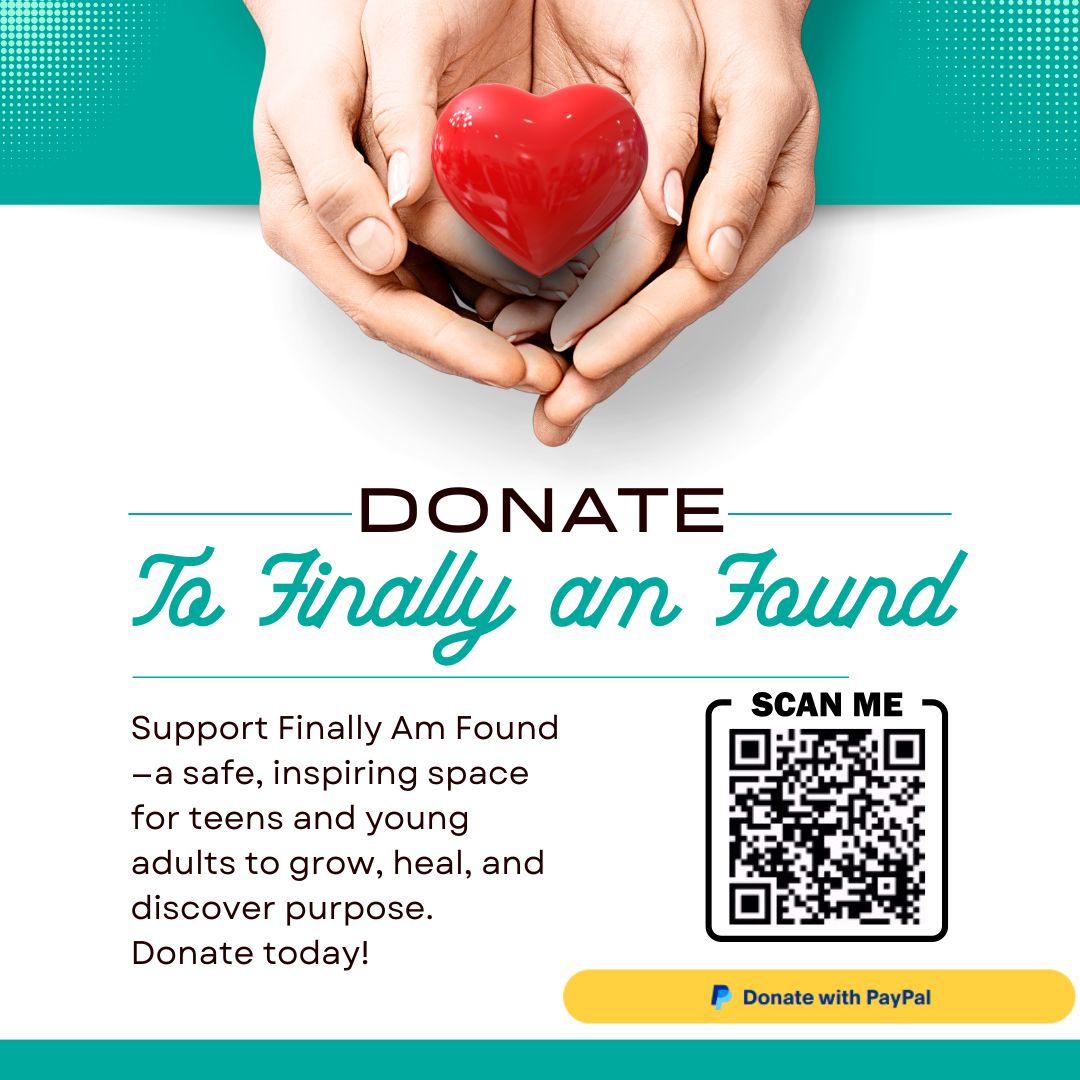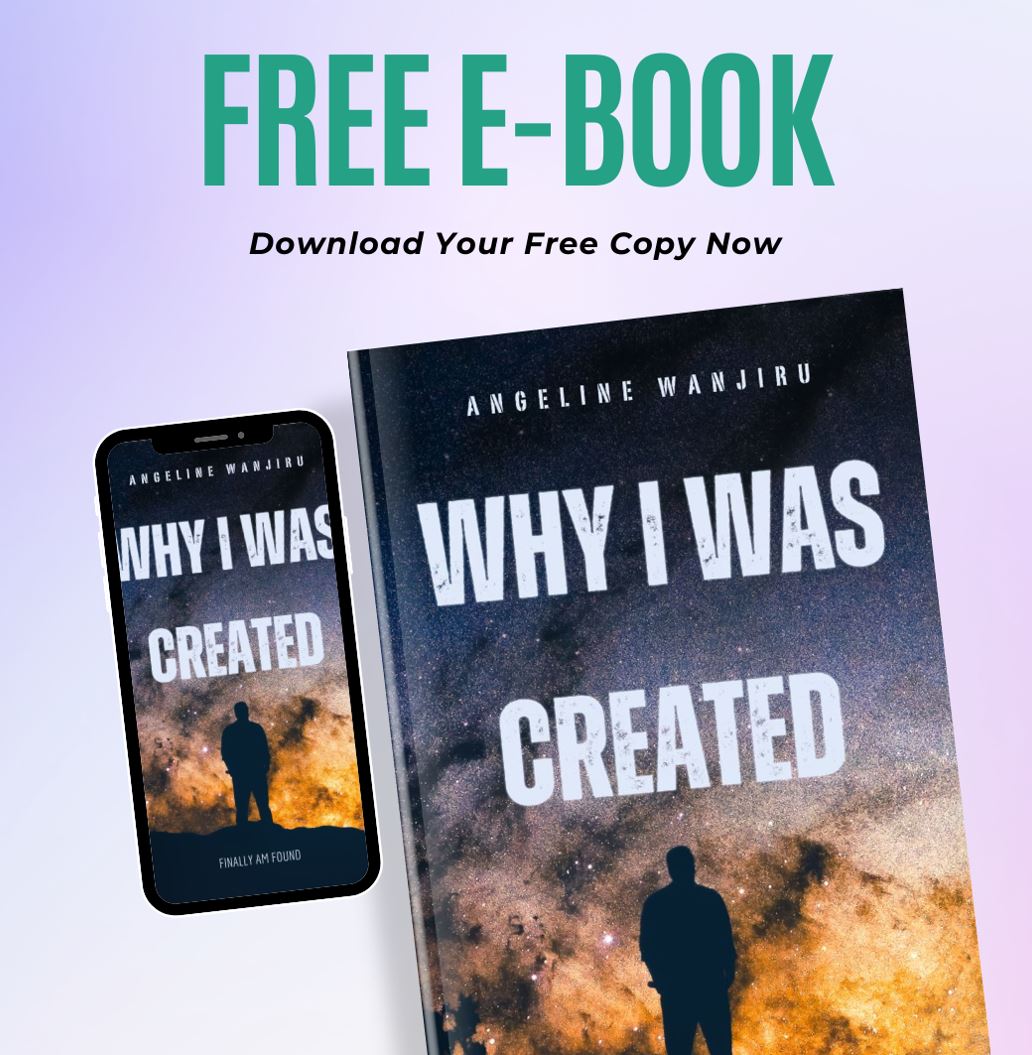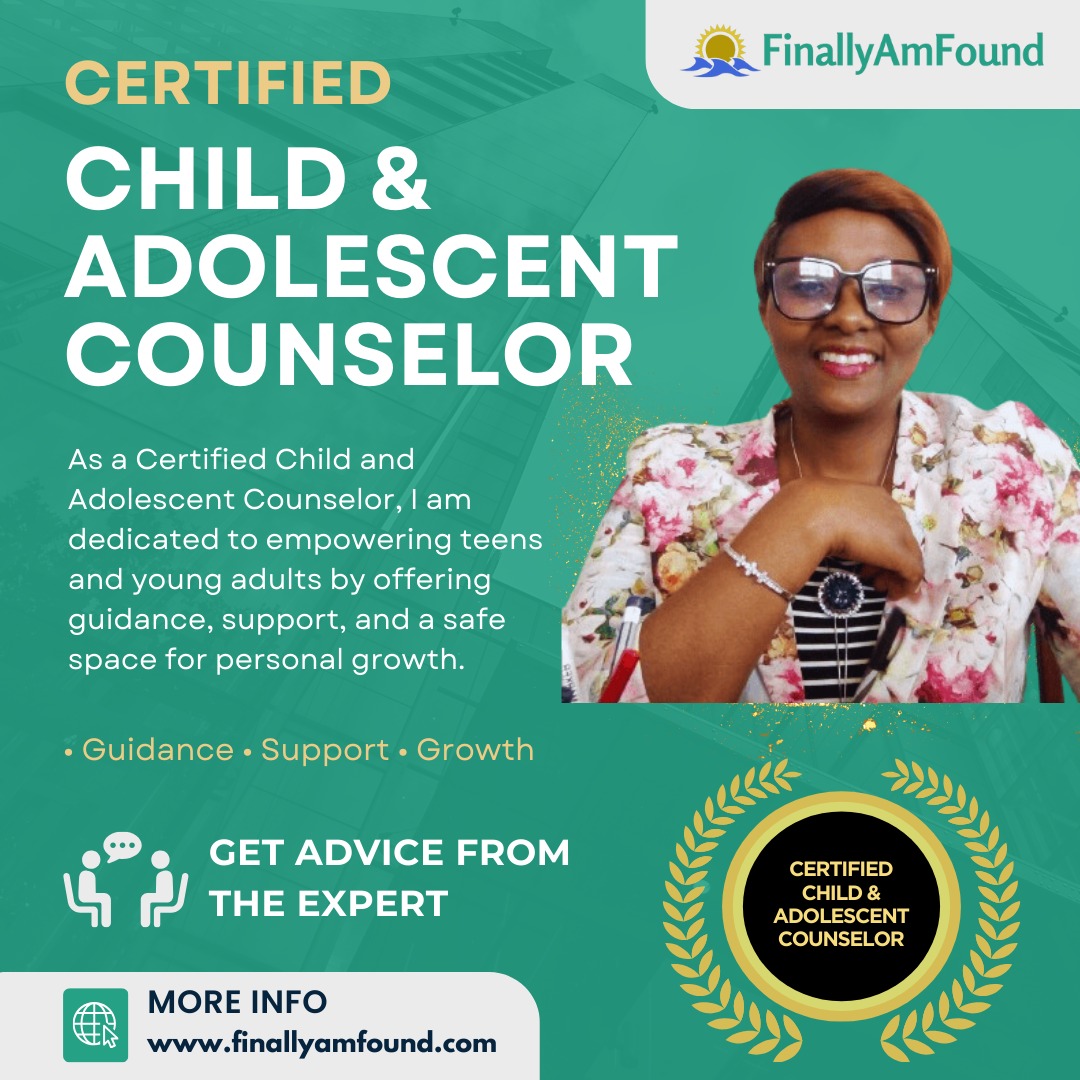A crisis is tearing through our society, stealing young lives in horrifying numbers. The deaths are not abstract—they are real, brutal, and devastating. Suicide rates are soaring, claiming young professionals and nonprofessionals alike. Young women are being murdered at an alarming rate, their futures stolen by acts of cruelty. Guns and knives have turned everyday conflicts into bloodbaths, leaving families shattered and communities drowning in grief.
Over the past months, these tragedies have become impossible to ignore. This isn’t just a bad season—it’s a reflection of something far deeper. Look around. Love is fading. Morality is eroding. Hope is slipping away, and faith in God, in humanity, and even on a personal level is disappearing. And in this silence, the crisis grows. Countless young women have been found dead, their stories silenced forever. Suicides now echo through every corner, often hidden until it’s too late. Gunshots and blades settle disputes that once ended with words. These deaths are not random; they scream of a society unraveling at its core.
What is happening? Why Are We Losing So Many Lives?
You’re facing pressures that previous generations didn’t: social media that highlights your flaws, a world that demands perfection, and an environment that celebrates individualism over community, material riches over inner wealth. Many of you are left feeling unseen, unworthy, and isolated. Some feel like failures for struggling, while others lash out, letting anger and despair dictate their actions.
General Root Causes
There is a collapse of love—not romantic love, but the compassion that binds us from us.
It is a breakdown of morality, as human life becomes disposable.
It is the loss of hope, as despair grows louder than possibility.
And it is a rejection of faith, as belief in something greater fades into cynicism.
Yet, even as the storm rages, a question demands an answer: Will you let this continue? Or will you fight back? This is not a crisis we can wish away. It is a battle as young people you must confront head-on—with action, courage, and a refusal to accept the world as it is.
These tragedies demand more than mourning; they demand change. Lives are at stake, and every moment you wait is a moment too late.
Suicides
As a young person, you should know the following so you can spot red flags and maneuver your way out, help yourself and others.
While many risk factors for suicide, such as mental health issues, family struggles, and economic challenges, have existed for decades, suicide rates among young people have risen significantly in recent years due to new and intensifying influences. The pervasive use of social media has amplified feelings of inadequacy, comparison, and cyberbullying, while decreased face-to-face connections have weakened emotional support. Modern societal pressures, including high academic and career expectations, combined with economic uncertainties like rising living costs and fewer job opportunities, have heightened feelings of hopelessness.
Additionally, traditional family and community support systems have eroded due to urbanization and cultural shifts. Also, easily accessed illegal drugs and alcohol mess with your brain functions. Easy access to harmful online content (the internet provides easier access to graphic or triggering material that may glorify or trivialize suicide). Delayed milestones such as financial independence and emotional resilience (for instance, many young people now take longer to achieve independence, such as leaving home or starting families, potentially fostering feelings of stagnation).
Global anxieties about climate change and political instability further contribute to the growing sense of despair among young people, as well as disconnection from God. Together, these factors have created a more complex and challenging environment, intensifying the mental health struggles of today’s youth.
You can play a vital role in curbing the rising suicide rates by promoting open conversations about mental health, building supportive relationships, and developing healthy coping strategies such as mindfulness, exercise, and creative expression. Limiting harmful influences like social media, being active bystanders when you notice signs of distress in others, and advocating for better mental health resources can make a significant impact.
Encouraging positive self-expression, fostering resilience, and engaging in community outreach are also key actions. Above all, it’s important to maintain your relationship with God, as faith can provide strength, guidance, and hope during difficult times. By taking these steps, you can create a supportive environment for yourself and others, helping to combat the rise in suicides.
Violence Against Young Women
The killing of young women reflects a devastating loss of respect for life and humanity. This violence is rooted in a culture that devalues women and fails to hold perpetrators accountable.
The increase in killings of young women compared to the past can be attributed to a combination of social, cultural, and systemic factors that have evolved over time. Key reasons include gender-based violence and discrimination, where young women continue to face high levels of violence like domestic abuse and femicide due to entrenched cultural norms.
There’s also a rise in intolerance and misogyny, with societal attitudes towards women leading to aggression and violent behavior, especially when women challenge traditional roles. The impact of social media has significantly contributed, as it allows predators to easily connect with young women, manipulate emotions, and lure them into dangerous situations.
With the increased access to weapons, violent crime rates have risen, making young women more vulnerable to lethal violence. Economic stress and poverty exacerbate tensions in families and communities, leading to increased violence, particularly against young women. Additionally, the breakdown of family and social structures and normalization of violence in media also contribute to this trend.
Finally, sexual violence and exploitation, including human trafficking, and underreporting and legal gaps make it harder for young women to receive protection and justice, increasing their exposure to harm. These factors, compounded by a lack of proper legal frameworks, greater digital risks, and persistent misogyny, have led to higher rates of violence and killings among young women today.
Dear young women, you need to stay alert and aware of your surroundings at all times. If you decide to meet someone from social media or any unfamiliar person, always make sure to be accompanied by a trusted friend or family member. Meet in public places, and ensure someone knows where you are and who you’re with. Trust your instincts—if something feels off, walk away. Be cautious about sharing personal information online, and remember that not everyone is who they claim to be.
Young men, it’s crucial that you step up as protectors and allies. Be your sister’s keeper. Look out for your friends, sisters, and the women around you. If you see someone in a vulnerable situation or suspect something is wrong, don’t hesitate to intervene or seek help.
You have the power to influence the culture around you and help shift harmful attitudes. Be a role model for respect, equality, and accountability, and stand against any form of violence or exploitation. Your actions can contribute significantly to creating a safer world for women and your peers.
Together, both young women and young men can create a culture of respect and care, where everyone is protected and valued.
Gun and Stabbing Deaths
Young people are losing their lives to senseless violence in alarming numbers. Arguments escalate into shootings; petty disputes end in stabbings. The normalization of violence has made conflict deadly and lives disposable.
Firearms and knife violence among young people isn’t just about weapons—it’s about the loss of respect for life. Many of these deaths come from anger, hate, revenge, uncontrolled emotions or fear. But violence is never the answer. It destroys not only lives but entire communities.
The rise of these deaths among youths is driven by factors such as social and economic inequality, lack of opportunities, and gang violence, with disputes over territorial control fueling violent conflicts. (In some communities, where firearms are less accessible, knives and machetes become the weapons of choice.) Mental health struggles, unresolved psychological trauma, and the normalization of violence through media also contribute to the problem. Additionally, family and community breakdown, peer pressures, and cultural expectations further escalate violence.
These tragedies are symptoms of a world that has forgotten its values, a world where we’ve stopped seeing each other as human beings.
Addressing this issue requires comprehensive solutions, including better education, mental health support, conflict resolution programs, stronger law enforcement, and community-based interventions.
You can tackle violence by first acknowledging that only God has the authority to take a life once its purpose on earth is fulfilled because He’s the Creator. Recognize that all human lives are equally valuable and deserve respect, whether black or white, whichever tribe or cluster. Focus on strengthening your emotional and mental health, especially by managing anger and working on personal growth. Focus on your strengths and skills and keep yourself busy solving part of the world’s problems, which are eagerly awaited. Avoid negative influences and stay away from dangerous environments. Learn to resolve conflicts peacefully and practice love, compassion, and understanding. Let go of jealousy—remember, everyone has their own path and purpose.
By embracing these principles, you can break the cycle of violence and contribute to a peaceful, positive community.
If you’ve ever found yourself grappling with the allure of violence or have been embroiled in its chaos, it’s important to recognize that an alternative path exists. True strength does not lie in overpowering others; instead, it is rooted in the capacity to safeguard those around you. Real power isn’t derived from the act of taking a life; it flourishes in the commitment to nurture and build life.
As the singer Ken Rogers poignantly expressed in his song “Son, You Do Not Have to Fight to Be a Man,” sometimes the wisest choice is to step back and choose peace over conflict.
Core Solutions
Start with love—real love, not the fleeting, selfish kind the world sells you. Love yourself enough to seek help when you need it. Love others enough to listen, to show kindness, and to build them up instead of tearing them down. Love is not just about receiving; it’s about giving—giving respect, kindness, and care to ourselves and others.
Choose hope, even when it feels like everything is falling apart. Hope isn’t about pretending things are perfect; it’s about believing they can get better. Hope is fading for many of you. When faced with violence, loss, or failure, it’s easy to feel like things will never get better. But hope isn’t something you wait for—it’s something you create. It’s the belief that the sun will rise again no matter how dark the night is. And it does; just ask your predecessors.
And most importantly, hold onto faith. Faith in God, the power above all, who sees you and loves you. Faith that your pain is not wasted and that your life has purpose. Faith that you can rise above the darkness and be a light for others.
For many young people today, the pursuit of material success, instant gratification, and self-reliance has replaced the pursuit of God. The pressures and a fast-paced world have left little space for spiritual growth. For some, the idea of God seems irrelevant or unnecessary in a world that seems to offer everything at their fingertips. This shift in priorities has led to an overwhelming sense of emptiness, as material wealth and popularity can’t provide the deeper fulfillment that faith in God does.
Some turn inward or to destructive behaviors, feeling that life is not worth living.
Often, most young people nowadays see religion as hypocritical, judgmental, or irrelevant to their real-life struggles. This broken relationship with organized religion can lead to a rejection of God altogether, as they equate Him with the failures of human institutions instead of understanding His true nature, which is unbound.
God is not like the people who have hurt or disappointed you. He is not distant, uninterested, or judgmental. He is a loving Father who cares deeply about you and understands the real struggles you face. His love is not based on your actions or the way you perform in life. It is a love that accepts you just as you are, with all your flaws, doubts, and pain.
God is not a set of rules to be followed or a distant figure to be feared. He is present in your life, ready to listen. When you reach out to Him, He won’t condemn you or push you away—He will meet you where you are and help you find peace and fulfillment in the middle of your chaos.
Morality is a compass, but it feels like many have lost theirs. As a society, we’ve normalized greed, cruelty, and selfishness. The sanctity of life has been overshadowed by materialism and power. We must return to the values of empathy, respect, and integrity to build a safer and kinder world.
This isn’t an easy fight, but you don’t have to fight it alone. Reach out. Speak up. Refuse to let this silent war take another life. You matter, more than you know.
Your generation can change the world—but first, you have to save yourselves. It starts with love. It starts with hope. It starts with you.
Reclaiming Resilience: Overcoming the Storm
Life is hard. There’s no denying that. But resilience—the ability to keep going even when it feels impossible—is a skill you can build. Resilience isn’t about ignoring pain; it’s about learning to rise despite it, which is achievable.
Resilience begins with understanding that setbacks and difficulties are part of life. They don’t define you. What defines you is how you respond. When you choose to look at hardship not as a roadblock but as an opportunity to grow, you begin to build your resilience muscle.
When someone has developed resilience, they have a deeper understanding that life’s struggles, though difficult, are temporary and that they can find a way through them. Resilient people learn how to cope with adversity, manage stress, and seek help when needed. This mental and emotional strength creates a shield against the overwhelming despair that often drives young people to consider suicide or self-harm.
If you’re feeling broken right now, remind yourself of this: You have survived every hard day so far. That strength is in you. Seek help when you need it, surround yourself with people who uplift you, and never forget that asking for help is not a weakness—it’s a sign of courage.
Building a Better Today and Tomorrow
We cannot ignore this crisis any longer. As young people, you are the heartbeat of society, the leaders of tomorrow, and the change-makers of today.
Here’s what we must do to reclaim love, morality, and hope:
- Choose life over despair. Choose love over hatred. Choose hope over fear. And above all, choose faith—faith that even in the darkest moments, God is there, holding you up, whispering, “You are not alone.”
- This isn’t just a call for survival; it’s a call for action. Refuse to let this silent war claim another life. Refuse to let the voices of despair win. Fight for your life and for the lives of those around you.
- This generation can change the world—but first, we have to stop the war that’s stealing it. Start today. Speak up. Reach out. Choose life.
- Reject Violence: Guns and knives are not solutions; they are tools of destruction. Choose words over weapons. Choose peace over conflict. Let’s create a culture where disagreements don’t end in tragedy. Effective communication is essential for resolving conflicts. By discussing your feelings and thoughts openly, young people can gain a better understanding of each other and find solutions that satisfy everyone involved. While it can be challenging, the effort is truly worthwhile. Fostering a culture where disagreements do not lead to negative outcomes involves promoting peace, understanding, and empathy. When you respect one another’s viewpoints and collaborate, you can build stronger relationships and communities. So, let’s commit to choosing peace over conflict and addressing our disagreements in a respectful and constructive manner. Deal?
- The weight of expectations you can’t meet, the loneliness of scrolling through a screen where everyone seems happier than you, or the fear that life will never get better. Maybe you’ve thought no one would notice if you were gone. But that’s a lie. Your pain matters. Your struggles matter. You matter. The world doesn’t need fewer of you; it needs more of you—alive, thriving, and making an impact only you can make. If you’re drowning in thoughts of hopelessness or struggling with the urge to give up, don’t stay silent. Reach out. Call God first and ask Him for help, or talk to someone—a trusted friend, a parent, a teacher, a counselor, a mentor, or even a hotline. There is no shame in asking for help. In fact, it’s the strongest thing you can do. If you see someone else struggling, don’t look the other way. Ask them how they’re doing. Sit with them in their pain. Let them know they’re not alone. Your kindness could be the reason someone decides to stay.
Conclusion: Your Life Matters
Young people, you are loved. You are valued. In you is power. Use it positively. You are capable of building a brighter, safer, and more loving world. Have the ability to rise above, to rebuild what has been broken, and to create a future filled with love, empathy, and hope.
You are not just the future—you are the present. Take a stand, take action, and choose life. Together, we can break the silence and end this crisis. Together, we can build a world where every life is cherished.
(Explore a wealth of resources, including free and premium content, at FinallyAMFound. Dive into books like Generation in Pain and more, crafted to empower you with the tools for personal growth, peace, and overcoming life’s challenges. Download or order yours now and start your transformation today!)
Prayer
Heavenly Father,
I adore and worship You with all my heart. I surrender my spirit, soul, mind, and body to Your loving protection. May You always be the source of my peace and hope in every circumstance, empowering me to fulfill the purpose You have ordained for my life. Lord, I also pray for those who are restless and burdened—grant them the gift of Your peace. For those who do not yet know You, draw them to Yourself, that they may find true fulfillment in Your presence.
In Jesus Christ, I pray and believe.
Amen.
Hey, I’m Angeline, your RN and founder of Finally Am Found. With a heart for mentorship, I’ve been guiding teens and young adults since 2017. As a Registered Nurse, I blend medical expertise with personal experiences to create a Christ-aligned space for self-discovery. Connect with Angeline on Facebook and let the journey to self-discovery begin!
















